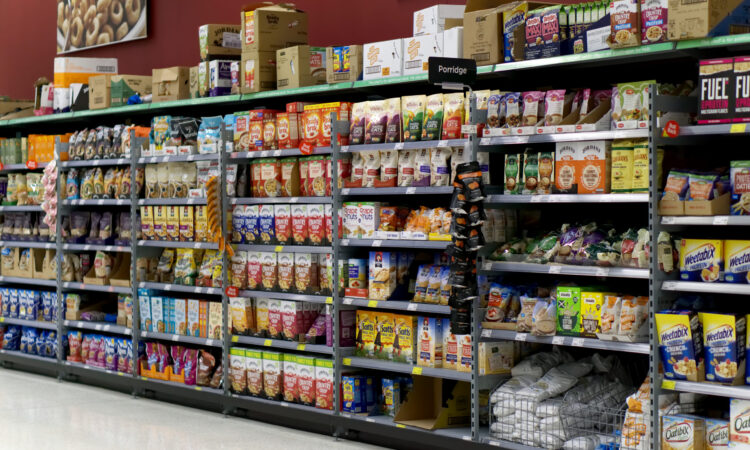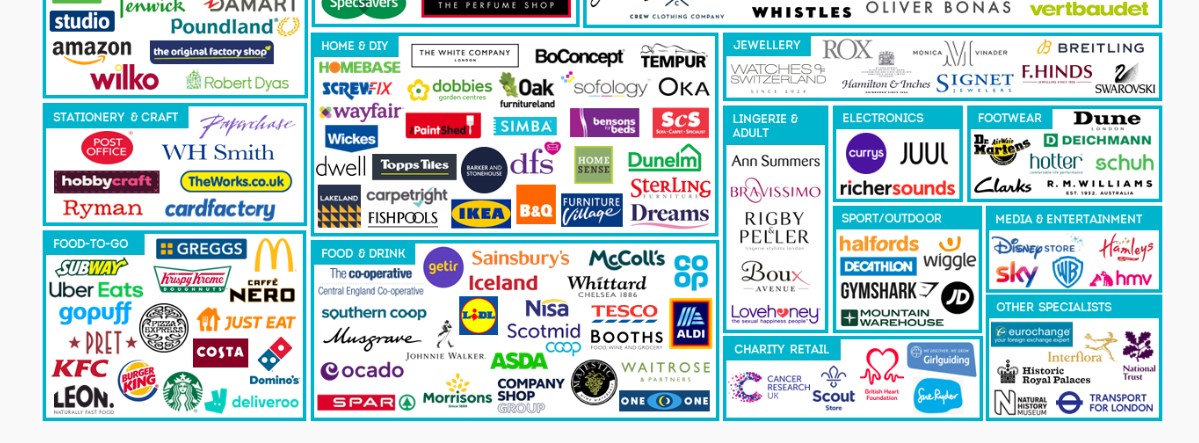
In its Manifesto for Retail published this week (23 January), the trade association said there has been a lack of “strategic foresight” when planning new regulations and reforms, which means that the UK does not have the “right infrastructure or joined-up approach needed to increase recycling rates”.
The group also said the government reforms such as its deposit return scheme (DRS) and extended producer reasonability (EPR) lack the “efficiency to move the UK to a circular economy” and will fail to “deliver value for money.”
The manifesto also set out recommendations for the next government ahead of an upcoming election. These included:
- Working with industry more effectively to ensure policy, regulation and reforms are fit for purpose, deliver real change for the environment and value for money for consumers
- Implementing “sensible timeframes” for policy development and implementation which acknowledge the amount of work and investment required for retailers to prepare
- Ringfencing EPR funds for investment in new recycling infrastructure, to increase recycling rates and the volume of quality materials for reuse and recycling
- Align DRS for drinks containers across the four UK nations and sequence after EPR
- Create incentives to support retailers in making reuse and refill more mainstream
- Zero-rate VAT on the sale of recycled, refurbished and repaired products, as VAT has already been paid, to encourage consumers to engage with the circular economy
Lobbying
This report from the association is the latest in a long line of statements published against the proposals as they stand.
Last year, it warned that plans to introduce a DRS will cost the retail industry £1.8 billion a year from 2025 (see letsrecycle.com story).
The association has urged the government to review the scheme, currently pencilled in for October 2025, saying that it has carried out research which shows the high costs of the scheme.
The group has also vowed in the past to lobby government over EPR (see letsrecycle.com story).

Support
The association outlined has said it is important “that new waste and resources regulation provides meaningful improvements to recycling rates and the use of recyclable materials, without unnecessarily raising costs for consumers.”
The group said its members are “investing in enhancing the recyclability of goods and packaging”, aligning with the industry’s goal of achieving net zero by 2040. It stated that its members participation in initiatives such as the UK Plastics Pact, Courtauld 2030, and Textiles 2030 reflects this.
The manifesto points out that progress includes an 84% reduction in single-use plastics since 2018 and a 70% recyclability rate for plastic packaging.
However, the Consortium believes that government interventions, particularly the Resources and Waste Strategy, have fallen short as reforms like EPR and the waste electrical reforms “lack efficiency and value for money”.
‘Vision’
Helen Dickinson, chief executive at the British Retail Consortium, said: “The UK has one of the most developed retail offerings in the world, employing three million people and playing a key role in every community in the country. As political parties gear up for the next election, we need a different way of working with government so that we can use the industry’s size, scale and reach to deliver more.
“That means removing the blockages which hold the industry back, preventing it reaching its full potential. It’s time to support the upskilling of workers and accelerate our journey to net zero, while finding ways to address any unnecessary burdens on the industry and its sixty million customers.
“By delivering a more business-friendly approach to retail, the industry can deliver on its own vision – a net zero, digitally transformed industry which provides higher skilled, better paid jobs and more investment in local communities. It’s time to unleash the industry’s size, scale and reach to drive greater positive change.”






